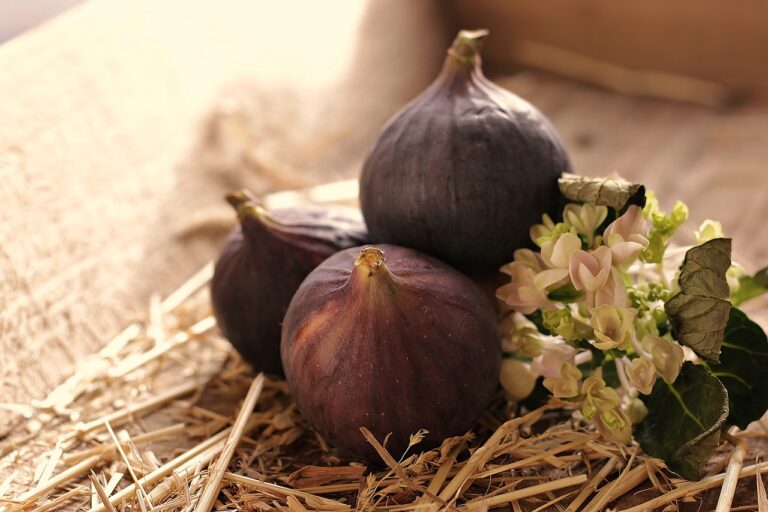Market Analysis: Trends in Coffee Consumption Among Urban Dwellers
allexchange bet, 99 exchange login, allpanel com:Market Analysis: Trends in Coffee Consumption Among Urban Dwellers
Coffee has become an integral part of urban living, with trendy cafes popping up on every street corner and office workers relying on their morning brew to kickstart their day. As a result, the coffee industry has been booming, with new trends and consumer habits emerging constantly. In this article, we’ll delve into the market analysis of coffee consumption among urban dwellers to uncover the latest trends and insights shaping the industry.
What Drives Coffee Consumption Among Urban Dwellers?
Urban dwellers are often on the go, juggling busy schedules and demanding jobs. As a result, coffee has become a go-to beverage for many city residents, offering a quick and convenient energy boost to power through the day. The rise of remote work and freelancing has also contributed to the popularity of coffee, with cafes serving as communal workspaces where professionals can plug in their laptops and enjoy a change of scenery.
In addition to its functional benefits, coffee has also become a lifestyle choice for many urban dwellers. The rise of specialty coffee shops and artisanal roasters has elevated coffee to a luxury experience, with consumers willing to pay a premium for high-quality beans and unique brewing methods. As a result, coffee consumption has become a form of self-expression, with urbanites showcasing their taste and sophistication through their choice of beans and brews.
Key Trends in Coffee Consumption
1. Specialty Coffee: The demand for specialty coffee continues to rise, with consumers seeking unique flavor profiles and ethically sourced beans. Specialty coffee shops offering pour-over, cold brew, and single-origin beans have proliferated in urban areas, catering to the discerning tastes of coffee connoisseurs.
2. Sustainable Practices: Environmental and social responsibility are top priorities for many urban consumers, leading to a growing interest in sustainable coffee practices. From fair trade certifications to eco-friendly packaging, coffee brands are increasingly adopting ethical practices to appeal to conscious consumers.
3. Coffee Subscription Services: Convenience is king in the urban landscape, leading to the popularity of coffee subscription services that deliver fresh beans directly to consumers’ doorsteps. Subscription services offer variety, convenience, and customization, allowing urban dwellers to enjoy gourmet coffee without leaving their homes.
4. Plant-Based Alternatives: As health and wellness trends continue to gain traction, plant-based alternatives to dairy milk have become increasingly popular in coffee shops. Oat milk, almond milk, and soy milk are now staple options for urban consumers looking to customize their coffee orders and cater to dietary preferences.
5. Nitro Cold Brew: Nitro-infused cold brew has taken the coffee world by storm, offering a smooth and creamy texture that appeals to urban consumers seeking a unique coffee experience. Nitro cold brew taps into the craft beer trend, with coffee shops installing kegs and serving up frothy, nitrogen-infused brews that pack a flavorful punch.
6. CBD-Infused Coffee: The intersection of coffee and wellness has led to the emergence of CBD-infused coffee, offering a relaxing and calming beverage for urban consumers seeking to unwind and de-stress. CBD-infused coffee blends cannabinoids with caffeine, creating a unique beverage that caters to the holistic lifestyle of urban dwellers.
Navigating the Changing Landscape of Coffee Consumption
As the coffee industry continues to evolve, brands must stay nimble and adaptive to meet the changing demands of urban consumers. Understanding key trends in coffee consumption and embracing innovation is essential for coffee companies looking to carve out a niche in the competitive market. By catering to the unique preferences of urban dwellers and staying ahead of the curve, coffee brands can position themselves for success in a rapidly changing landscape.
FAQs
Q: How has the COVID-19 pandemic impacted coffee consumption among urban dwellers?
A: The COVID-19 pandemic has forced many coffee shops to pivot to delivery and takeout services, leading to a shift in consumer behavior. Urban dwellers are now more likely to brew coffee at home or opt for contactless pick-up options, affecting the traditional cafe experience.
Q: What are the key factors influencing urban consumers’ coffee choices?
A: Urban consumers are influenced by factors such as taste, price, convenience, sustainability, and brand reputation when making coffee choices. Specialty coffee, ethical sourcing, and customization options are particularly important for discerning urban coffee drinkers.
Q: How can coffee brands differentiate themselves in a competitive market?
A: Coffee brands can differentiate themselves by focusing on quality, sustainability, innovation, and customer experience. By offering unique blends, eco-friendly practices, and personalized service, brands can attract and retain urban consumers in a crowded market.
Q: What role do social media and influencer marketing play in shaping coffee trends?
A: Social media and influencer marketing play a significant role in shaping coffee trends among urban dwellers. Instagram-worthy latte art, viral TikTok coffee recipes, and influencer endorsements can drive consumer interest and influence purchasing decisions.
In conclusion, the coffee industry is a dynamic and vibrant market, shaped by evolving consumer trends and urban lifestyles. By staying attuned to the latest developments and innovations in coffee consumption, brands can position themselves for success and capture the hearts and taste buds of urban dwellers around the world.







